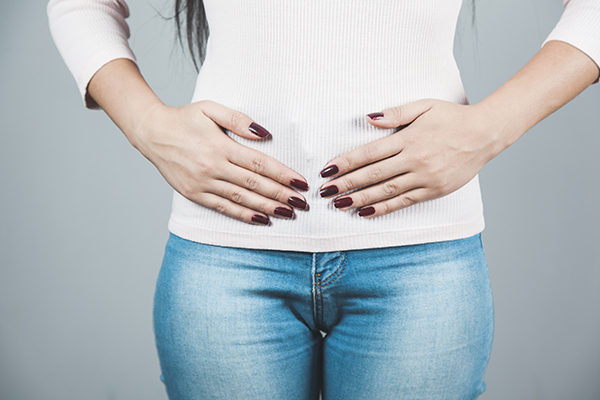
The researcher of the Universidad Internacional Iberoamericana (International Iberoamerican University, UNIB), Julién Brito Ballester, collaborates in a study that proves the efficacy of a vaginal suppository prepared with gum arabic (Acacia arabica) and camphor (Cinnamomum camphora) to treat heavy menstrual bleeding.
Heavy menstrual bleeding (HMB) is a common gynecological condition that affects between 10% and 35% of women of reproductive age. Significant blood loss and longer menstrual periods can have a substantial impact on a woman's daily life and well-being. Traditional medicines, rooted in ancestral knowledge, offer alternative solutions that address the underlying causes of HMB. In the field of Unani medicine, an ancient system practiced in India, a possible remedy for heavy menstrual bleeding has been discovered: a vaginal suppository containing acacia arabica gum and camphor extract.
Unani medicine emphasizes restoring the natural balance in the body and focuses on quality of life rather than just addressing blood loss. According to this traditional healing system, HMB is caused by a weakness in both retention and excretion capacity. In addition, it is suggested that any deviation from normal temperament can weaken the uterus and its vessels, leading to heavy menstrual flow.
Natural treatments act through four strategies to regulate irregular uterine bleeding: estrogenic action, inhibition of the inflammatory process, reduction of prostaglandin production and an antiproliferative effect on cervical cancer cells.
The formulation of the tested vaginal suppository combines the medicinal properties of acacia gum and camphor extract. Acacia has astringent, anti-inflammatory, astringent and desiccant properties, and is known to treat abnormal vaginal discharge and HMB. Camphor, on the other hand, has ethnomedicinal properties such as astringent, anti-inflammatory, anesthetic and external analgesic properties. Both contain tannins that collaborate in the coagulation of cellular proteins and in the constriction of the capillary endothelium.
The vaginal suppository was compared with tranexamic acid to test its efficacy in reducing HMB. This acid is the conventional treatment for treating uterine bleeding, however, it has various side effects on women's health. The results of the study showed that use of the formulation demonstrated a reduction in the volume and duration of menstrual bleeding, offering a promising non-drug treatment option without causing hormonal side effects. The study used machine learning techniques to classify and analyze the experimental data related to menstrual bleeding.
Although there is currently no universally accepted standard treatment for HMB, the exploration of complementary and alternative medicinal systems, such as unani medicine, opens up new possibilities for women suffering from this problem. As the limitations and potential side effects of conventional pharmaceutical options become more apparent, researchers and physicians are turning to natural remedies for satisfactory results.
If you want to learn more about this study, click here.
To read more research, consult the UNIB repository.
The Universidad Internacional Iberoamericana (UNIB) offers the Master's Degree in Naturopathic Sciences. A program that prepares professionals to educate and guide on the different aspects and modalities of naturopathy; techniques, lifestyles and natural therapies that are in harmony with this practice.